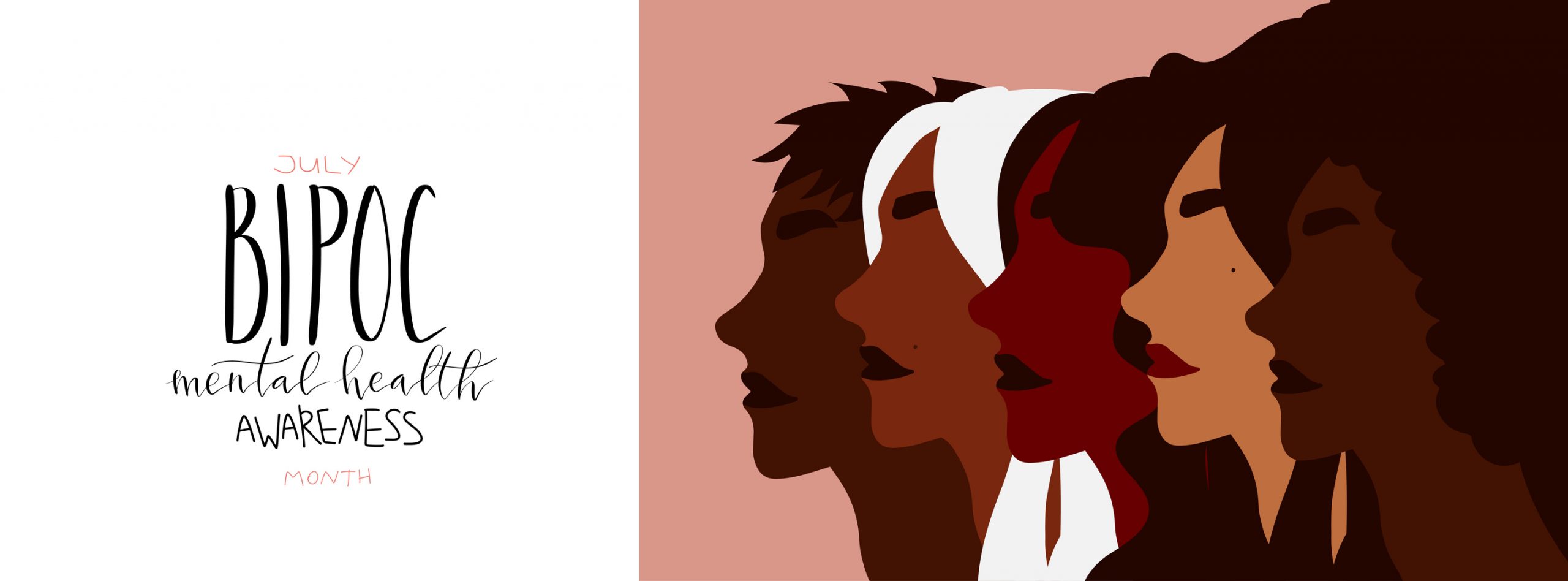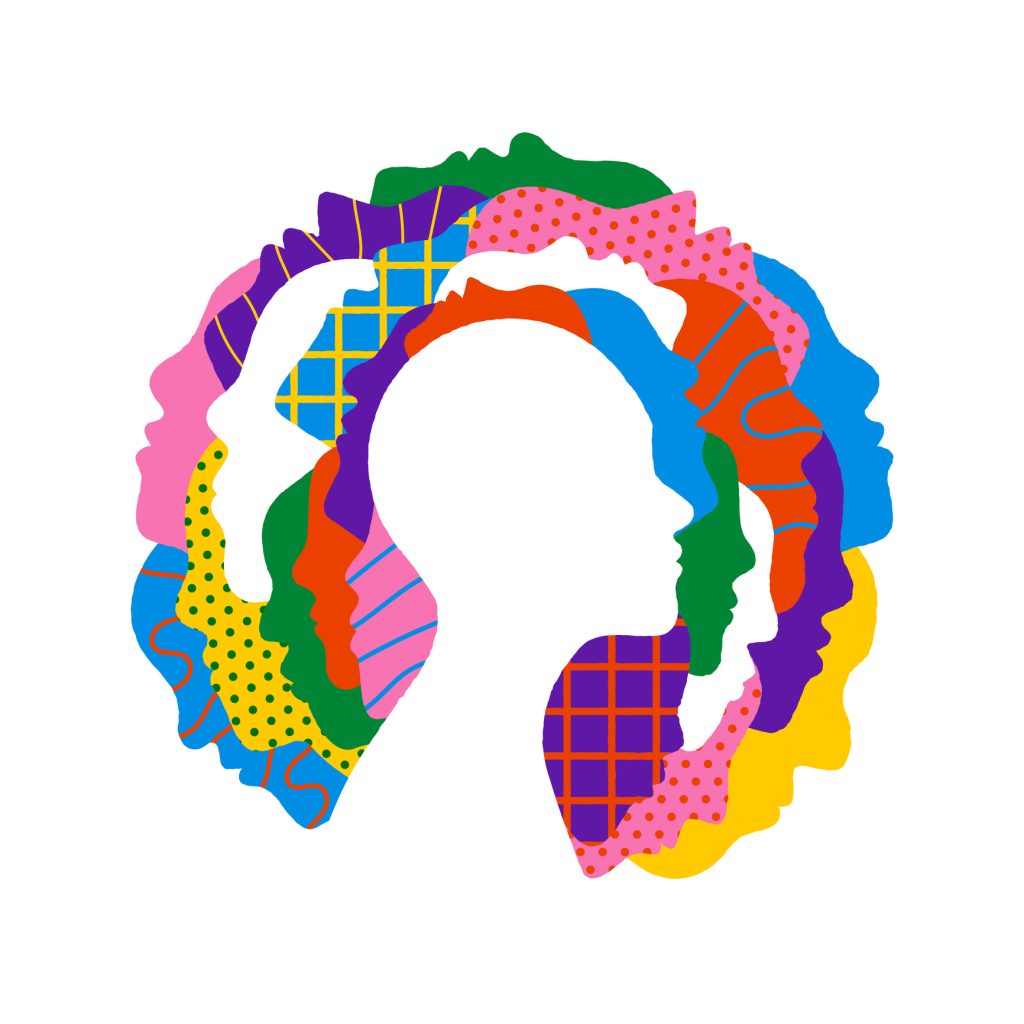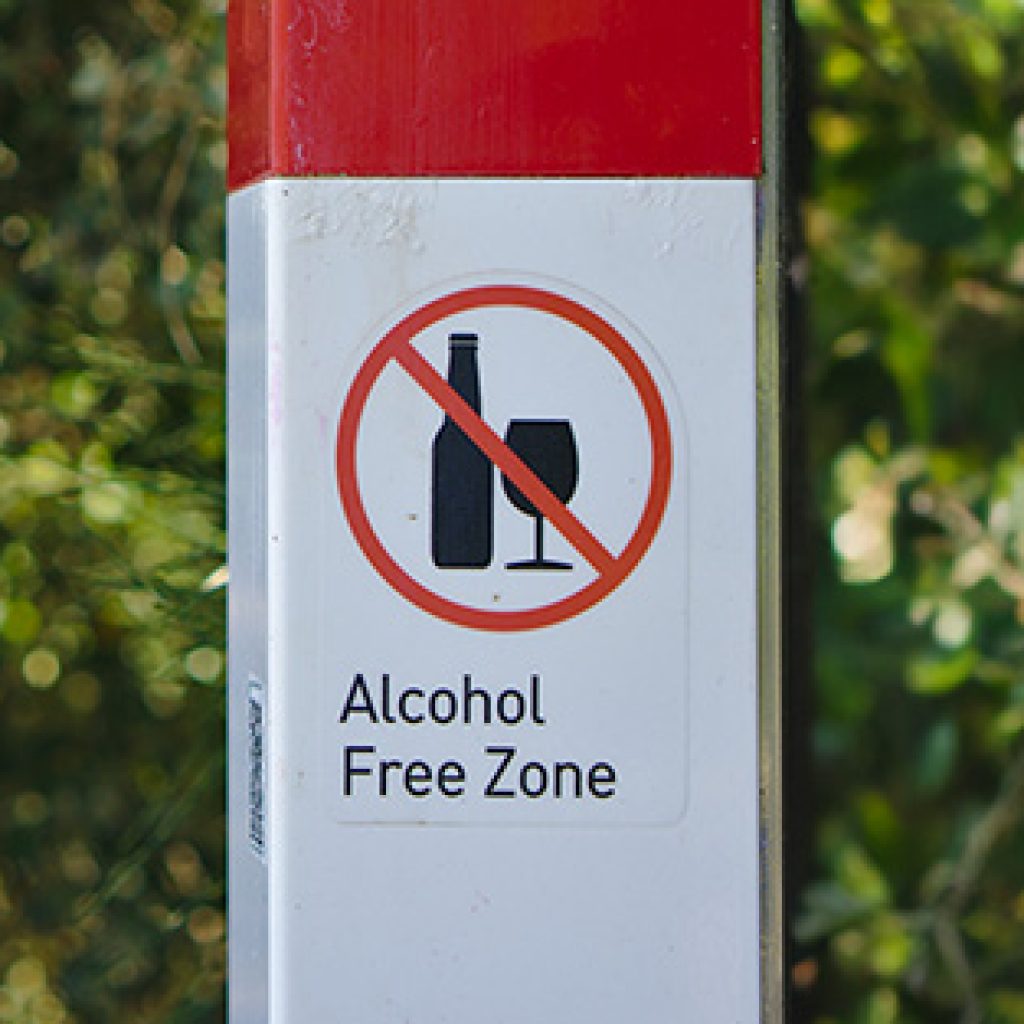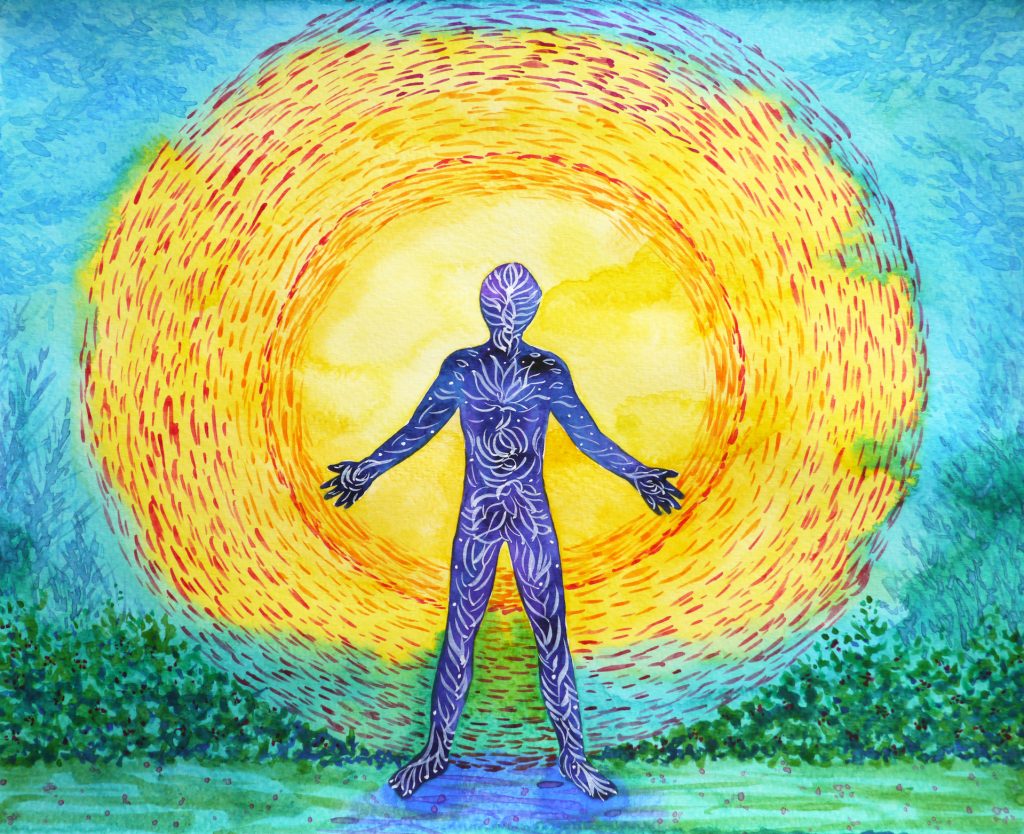Beyond the Numbers: The Importance of Acknowledging BIPOC Mental Health

National Minority Mental Health Awareness Month has been observed every July since 2008. It is officially recognized as Bebe Moore Campbell National Minority Mental Health Awareness Month. Bebe Moore Campbell was an American author, journalist, teacher, and mental health advocate who worked to bring mental health equity to marginalized and underrepresented communities. She knew first-hand the struggles of gaining access to resources as she worked to get her daughter (who struggled with mental illness) the help and support she needed. She established NAMI-Inglewood to create a safe place for Black people to come together and talk about mental health.
To continue the visionary work of Bebe Moore Campbell, Mental Health America (MHA) acknowledges that language evolves and is now advocating to rename this month, “BIPOC Mental Health Awareness Month”. MHA explains that “the term ‘minority,’ though once used to accurately describe many cultural groups who met the technical definition by demographic numbers, is now considered by many People of Color to be diminishing, exclusive, and problematically centered on whiteness.” MHA has listened to and wants to honor the lived experience of the next generation, who prefer the term BIPOC (Black, Indigenous, and people of color) and are utilizing this new term out of respect for the evolving language of empowerment and inclusion.
This annual awareness event highlights the unique struggles that racial and ethnic minority communities face regarding mental illness. This year the Health and Human Services Office of Minority Health (OMH) focuses on addressing stigma about mental health in minority populations. MHA acknowledges that numbers and statistics are important measures, but they don’t tell the whole story, so they have established this year’s theme as “Beyond the Numbers”, as an important step in acknowledging the lived experience of the BIPOC community. They have created a Tool Kit to help address mental health equity. The tool kit highlights the historical context, barriers to well-being, cultural beliefs, and the strength and resiliency factors of each of these demographic groups – American Indian/Alaska Native, Arab/Middle Eastern/Muslim/South Asian, Asian/Pacific, Black/African American, Latinx/Hispanic, and Multiracial. Highlighted below is a brief synopsis of each group that includes barriers to well-being, and calls to action as described by the Tool Kit.
American Indian/Alaska Native
There are 3.7 million people who identify as American Indian/Alaska Natives, and 5.9 million who identify as a combination of American Indian/Alaska Native. It is estimated that 18.7% experienced a mental health condition within the last year, which equates to approximately, 1.8 million people. One of the biggest barriers that American Indian/Alaska Native’s face when it comes to mental health is access to culturally competent care. Indigenous people have fundamentally different beliefs of human psychology and spirituality that are different from the western medical model. To better support American Indian/Alaska Native communities, MHA highlights the need to fund and encourage diverse recruitment and training of culturally competent mental health practitioners.
Arab/Middle Eastern/Muslim/South Asian (AMEMSA)
There are an estimated 10+ million Americans whose heritage is Arab/Middle Eastern/Muslim/South Asian (AMEMSA). One of the biggest challenges in supporting AMEMSA Americans, is that there is little information available since demographic data for this population is not included in the U.S. Census. MHA stresses the need to include AMEMSA categorization in data collection, as well as the need to fund community-based organization and experts to bring more understanding of the needs and policy issues surrounding AMEMSA. In addition, culturally competent approaches need to be developed and applied to support the mental health needs of the AMEMSA community.
Asian/Pacific American
There are approximately 22.9 million Asian/Pacific Americans living in the United States, with an estimated 2.9 million living with a mental health condition. Access to mental health services is one of the largest challenges, along with health education, and language barriers. Another important consideration for this group includes the cultural beliefs and stigma of mental illness, where it is often seen as a weakness and character flaw. This can result in secrecy about symptoms and/or denial of symptoms. Another important factor to consider is that over the last two years, hate crimes and fear of violence due to COVID-19 has had a direct impact on Asian/Pacific Americans. To better serve the mental health of Asian/Pacific American’s, funding needs to be allocated to identify and support culturally responsive education and programs. In addition, cultural competency needs to be developed in order to gain a deeper understanding of specific cultures within the Asian/ Pacific Americans so that we can minimize generalizations, and acknowledge biases related to the perpetual foreigner stereotype myth.
Black/African Americans
There are nearly 45 million Americans who identify as Black, and 3.1 million who identify a combination of Black with another race. Approximately 7 million Black and African Americans are living with a mental health condition. Historically Black and African Americans have unjustly been characterized by violence, trauma, and racism and the effects are still pervasive. Black adults are more likely to report persistent symptoms of emotional distress (i.e., feelings of sadness, hopelessness, and worthlessness) and are less likely to receive mental health services. For example, less than half of Black and Americans adults with serious mental illness (SMI) receive treatment, and even fewer with a substance use disorder receive treatment. There are two main reasons for lack of treatment – access to care, and racism and bias within the health care system. Black Americans are offered medication and therapy less often when compared to the general population, and those diagnosed with psychosis are more likely to go to jail or prison than people of other races. To address these barriers, the following actions are outlined by MHA. They include identify protective factors and community supports that can be a part of treatment plans, recruit and fund a culturally responsive mental health workforce, advocate for culturally responsive systems including education, healthcare, and the justice system.
LatinX/Hispanic Heritage
The LatinX/Hispanic Heritage population is the largest BIPOC community, with over 61 million people living in America, and roughly 10 million living with a mental health condition. The LatinX/Hispanic Heritage population faces a complex picture when it comes to mental health. They experience generational trauma due to the effects of mass genocides, threats of violence, colonization, immigration, and xenophobia. In addition, they experience stereotyping and biases regularly. Access to care, culturally relevant health education, language barriers, and financial instability all impact both physical and mental health. Lastly, anyone who is undocumented does not have health insurance and fears deportation which can cause enormous stress and inaccessible support. To support the LatinX/Hispanic community, MHA argues that we need to fund continuing education opportunities about LatinX/Hispanic communities, recruit LatinX/Hispanic practitioners, identify and include community support resources (i.e., faith, arts, and family) into care, and advocate for laws and policies (i.e., fair wages, affordable housing, immigration support, and other social services) that will support the LatinX/Hispanic community.
Multiracial Heritage
Multiracial Heritage (a person who identifies as two or more races) is the fastest-growing demographic in America. Multiracial Americans often experience assumptions about which race they are, assumptions on how they ‘should’ act, and microaggressions (i.e., “What are you?”. A person who is multiracial may experience challenges with identity, feelings of belonging uncertainty, and inadequacy. There continues to be a lack of data, research, and resources for Multiracial Americans. To better support Multiracial Americans, practitioners need to explore nuances of multiracial identities and provide person-centered care that includes multiracial resources and community supports. In addition, screening tools, data collection, and research need to be developed to better understand the needs of this population.
As Providers, here’s what you can do to support Mental Health of BIPOC Communities:
- Learn more about the culture of your clients and ask questions about the person’s individual experiences (i.e., become more culturally responsive and culturally humble).
- Acknowledge that the client is the expert of their own life and listen to their unique needs and desires.
- Utilize shared decision-making.
- Develop health literate materials (including language and reading level).
- Provide sliding scale payment options to help increase access to care.
- Use culturally relevant health screenings.
- Continue to learn more by taking trainings to become more culturally responsive.
As a provider, be sure not to:
- Make generalizations or assumptions about the person, or their health.
- Make decisions about the person’s health or well-being without first discussing treatment options.
- Maintain a rigid approach to treatment that only adheres to the Western medical model.
In order to help raise awareness about health equity, CASAT Conversations just finished publishing eleven episodes on this topic. A common theme from this season was the importance of having open dialogue, and people sharing their lived experience as a way to help increase cultural responsiveness and cultural humility. Check out the season to learn more!
Additional resources may be found on the CASAT OnDemand Resources & Downloads page.
This article was developed by Heather Haslem, M.S. Feel free to use, link to, or distribute this information. A link to our site and attribution would be much appreciated.
References:
Mental Health America. (2022). BIPOC Mental Health Toolkit. Mental Health America. Retrieved July 25, 2022, from https://mhanational.org/sites/default/files/2022-06/2022-BIPOC-MHM-Toolkit.pdf
U.S. Department of Health and Human Services. (n.d.). HHS Office of Minority Health – National Minority Mental Health Awareness Month. Home Page – Office of Minority Health (OMH). Retrieved July 25, 2022, from https://minorityhealth.hhs.gov/minority-mental-health/
Blog Post Tags:
Related Blog Posts
Related Learning Labs
Related Resources
.
- Buscar Tratamiento de Calidad para Trastornos de uso de Sustancia (Finding Quality Treatment for Substance Use Disorders Spanish Version)
- Finding Quality Treatment for Substance Use Disorders
- Focus On Prevention: Strategies and Programs to Prevent Substance Use
- Monthly Variation in Substance Use Initiation Among Full-Time College Students
- The National Survey on Drug Use and Health (NSDUH) Report: Monthly Variation in Substance Use Initiation Among Adolescents








